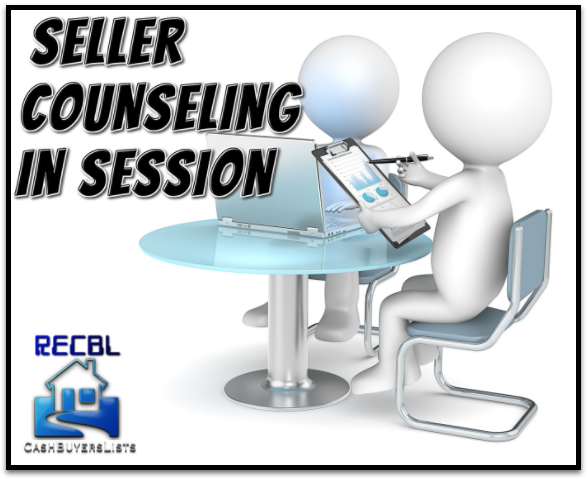 |
| Smells That Sell Your House |
RECBL - Real Estate News
During an open house your potential buyers are engaging and relying on their senses. Your clients are listening to the neighborhood and visualizing the living space and how they are going to interact with the new surroundings. Hearing a client say, “What’s that smell?” may send your mind racing to determine what aroma your client has picked up.
The sense of smell is the strongest of all the senses to connect buyers to a home. While a bad smell can really deter buyers, a good smell can tempt buyers to a sale. From "green" scents to seasonal scents, discover the right smells for triggering positive emotions and home sales.
The following short list of smells that sell your house can make a world of difference.
1. Clean Smell
Most of us associate "clean" with strongly scented cleaning products and disinfectants. It can even make buyers nostalgic. But remember, a little goes a long way. You should dilute your cleaning solutions so buyers don’t get overwhelmed.
2. Citrus
Using actual fruit is one way to get a clean smell without all the cleaning products. Lemon, orange and grapefruit scents are best. One great tip is to grind up lemon or orange rind with a few ice cubes in the garbage disposal. This will freshen up the kitchen, one of the most important rooms in the house.
3. Natural Smell
Sometimes the best scent is no scent at all. Try using "green" cleaning supplies, baking soda and other non-scented products that neutralize odors. The idea is that simpler is better, so you want to avoid complex, artificial smells from potpourri, sprays and plug-ins, which can actually distract buyers and turn them off.
4. Baked Goods
Nothing can make a house smell more like home than freshly baked goods, but be sure to stick to simple smells like vanilla, cinnamon and fresh bread. You don’t have to really bake anything. One trick is to boil some water and throw in a few cinnamon sticks an hour before a showing.
5. Pine
Don’t we all love that fresh pine scent? Especially with the holidays around the corner, it’s a great scent to greet buyers when they walk in the door. If you don’t want to put up a live tree, you can simply hang a wreath of tree trimmings or some fresh garland. You can’t go wrong with setting a holiday mood to inspire a sale.
There’s a lot that goes into the sale of a home. Make sure a great smell is at the top of the list.
Source: American Home Shield(R)
CashBuyersLists.com Please like, comment and share. Thank you.
The following short list of smells that sell your house can make a world of difference.
1. Clean Smell
Most of us associate "clean" with strongly scented cleaning products and disinfectants. It can even make buyers nostalgic. But remember, a little goes a long way. You should dilute your cleaning solutions so buyers don’t get overwhelmed.
2. Citrus
Using actual fruit is one way to get a clean smell without all the cleaning products. Lemon, orange and grapefruit scents are best. One great tip is to grind up lemon or orange rind with a few ice cubes in the garbage disposal. This will freshen up the kitchen, one of the most important rooms in the house.
3. Natural Smell
Sometimes the best scent is no scent at all. Try using "green" cleaning supplies, baking soda and other non-scented products that neutralize odors. The idea is that simpler is better, so you want to avoid complex, artificial smells from potpourri, sprays and plug-ins, which can actually distract buyers and turn them off.
4. Baked Goods
Nothing can make a house smell more like home than freshly baked goods, but be sure to stick to simple smells like vanilla, cinnamon and fresh bread. You don’t have to really bake anything. One trick is to boil some water and throw in a few cinnamon sticks an hour before a showing.
5. Pine
Don’t we all love that fresh pine scent? Especially with the holidays around the corner, it’s a great scent to greet buyers when they walk in the door. If you don’t want to put up a live tree, you can simply hang a wreath of tree trimmings or some fresh garland. You can’t go wrong with setting a holiday mood to inspire a sale.
There’s a lot that goes into the sale of a home. Make sure a great smell is at the top of the list.
Source: American Home Shield(R)
CashBuyersLists.com Please like, comment and share. Thank you.

















